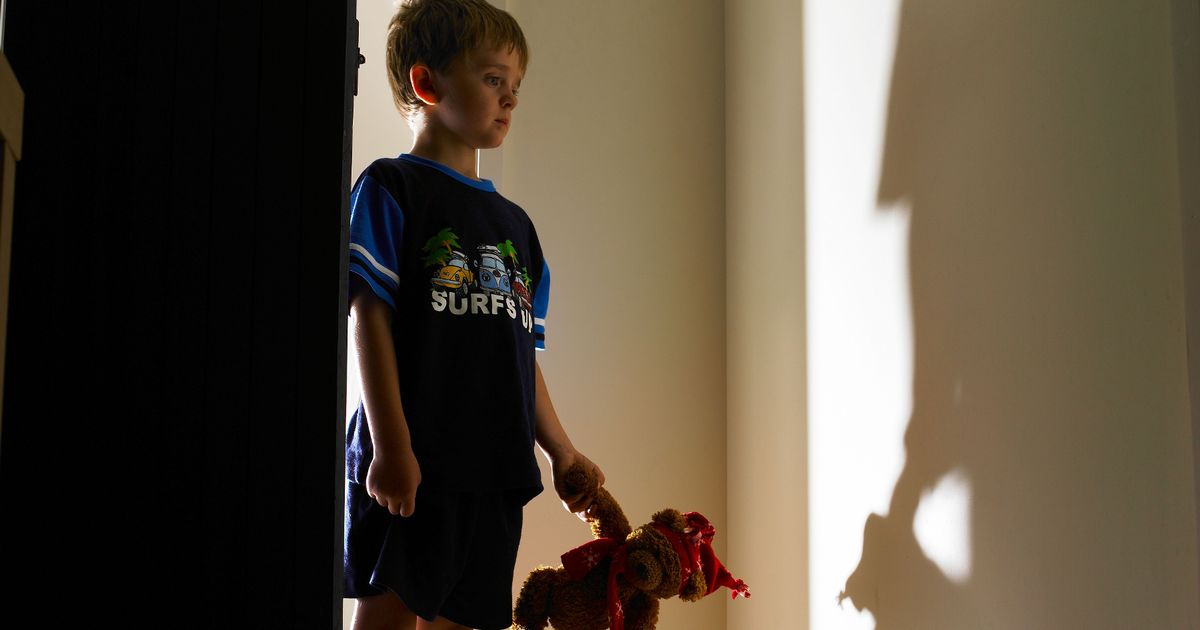Opsoclonus-Myoclonus Syndrome Symptom Guide
Issues With Sleep

It's common for parents of children with opsoclonus-myoclonus syndrome to observe issues with sleep. These may be coupled with rage attacks. One study indicates the two symptoms might be related to monoaminergic dysfunction. Monoaminergic actions are related to monoamine neurotransmitters, which include histamine, epinephrine, norepinephrine, dopamine, and serotonin. Improper regulation of these neurotransmitters can lead to disturbed sleep and serious mood disorders.
There are a number of different sleep issues observed in opsoclonus-myoclonus syndrome patients. They may have fragmented sleep, reduced sleep quality, non-restorative sleep, and sleep latency. They may also snore. In a study of thirty-two opsoclonus-myoclonus syndrome patients with sleep issues, twenty-five also experienced common rage attacks. The children who slept less than ten hours a night also had more rage attacks than children who got more sleep. When these children were treated with trazodone, both behavior and sleep were improved in ninety-five percent of the patients. The number of awakenings decreased by seventy-six percent, and the total amount of sleep time increased by seventy-two percent.
Learn more about the warning signs linked to opsoclonus-myoclonus syndrome now.